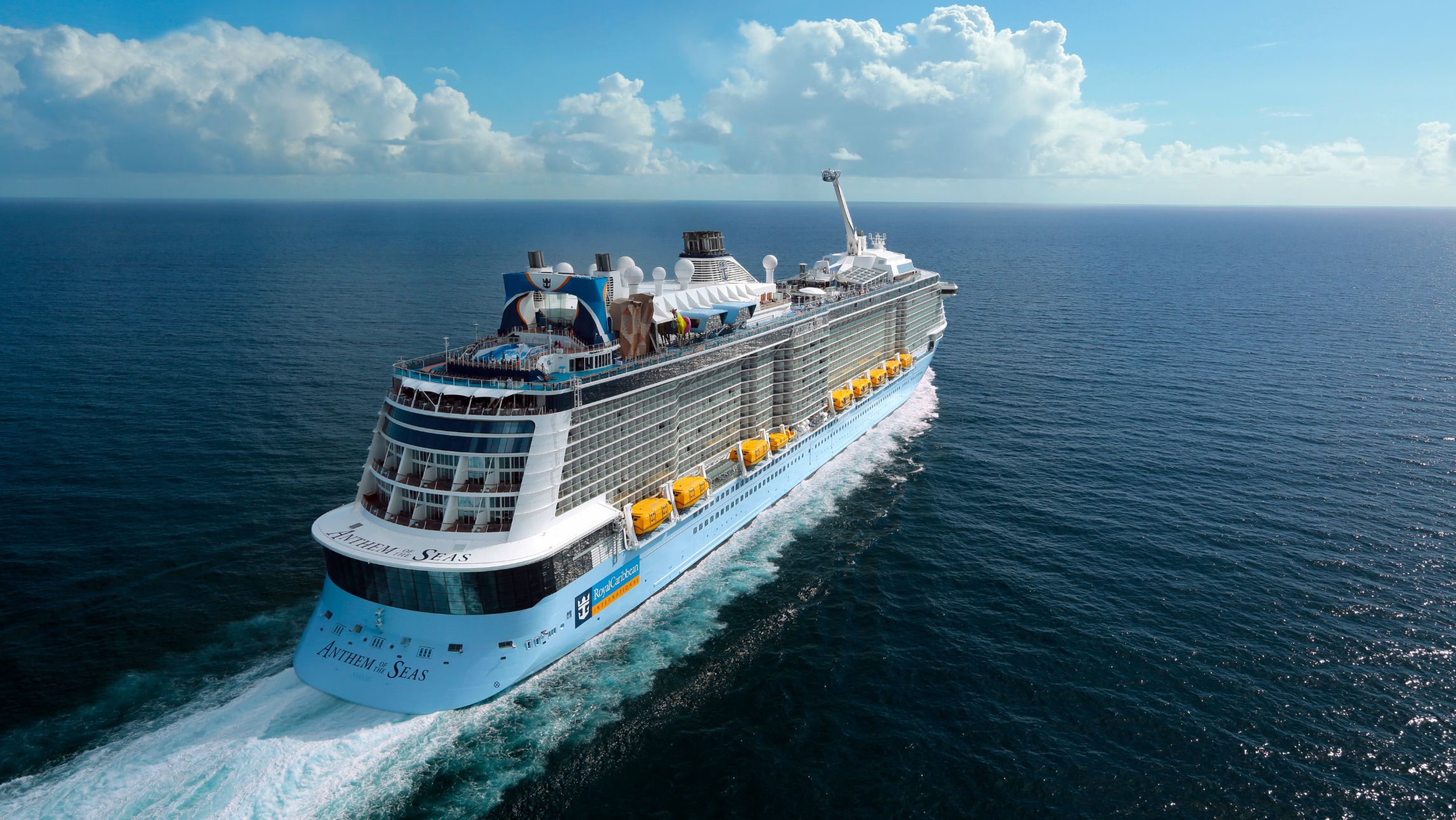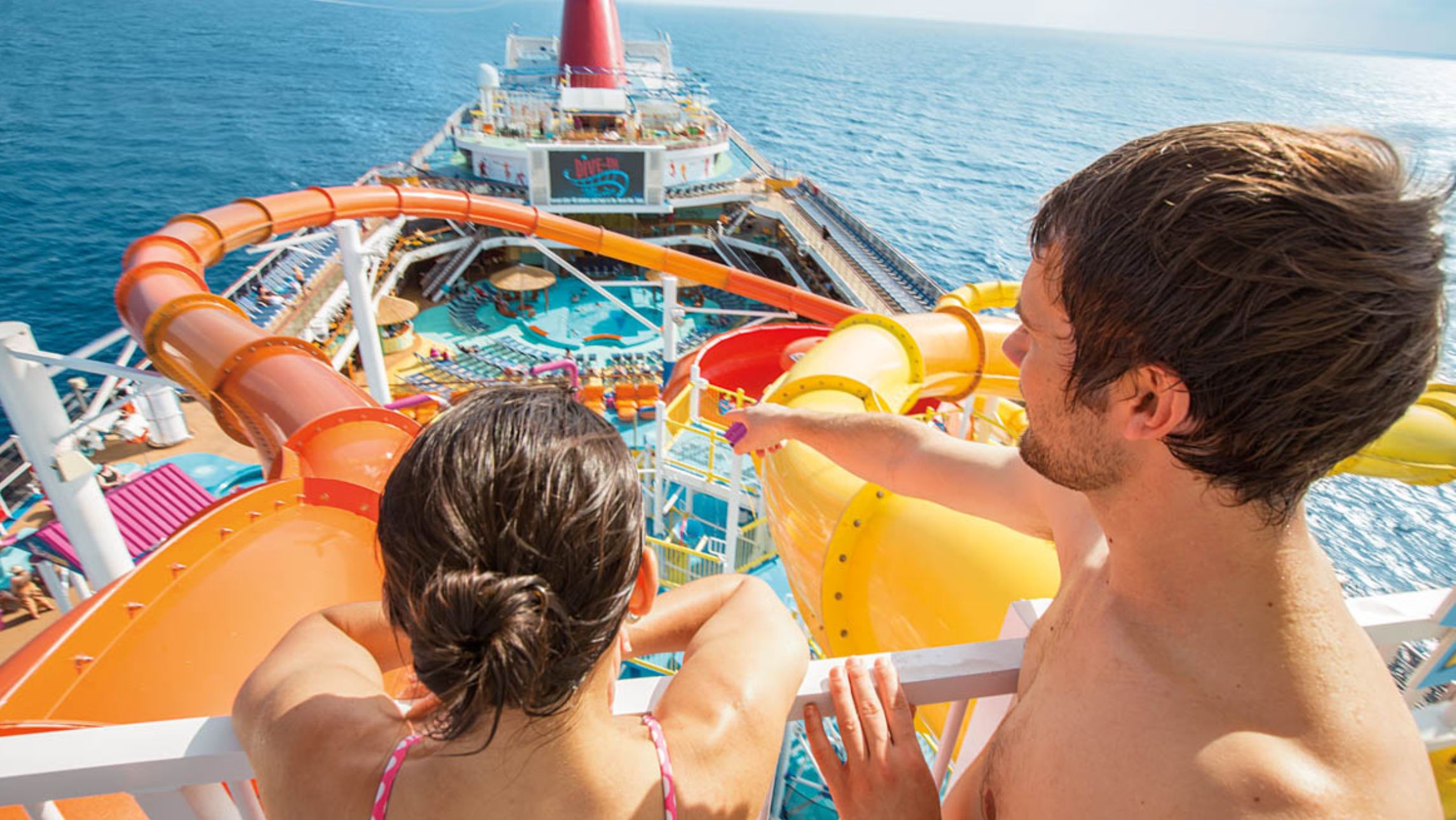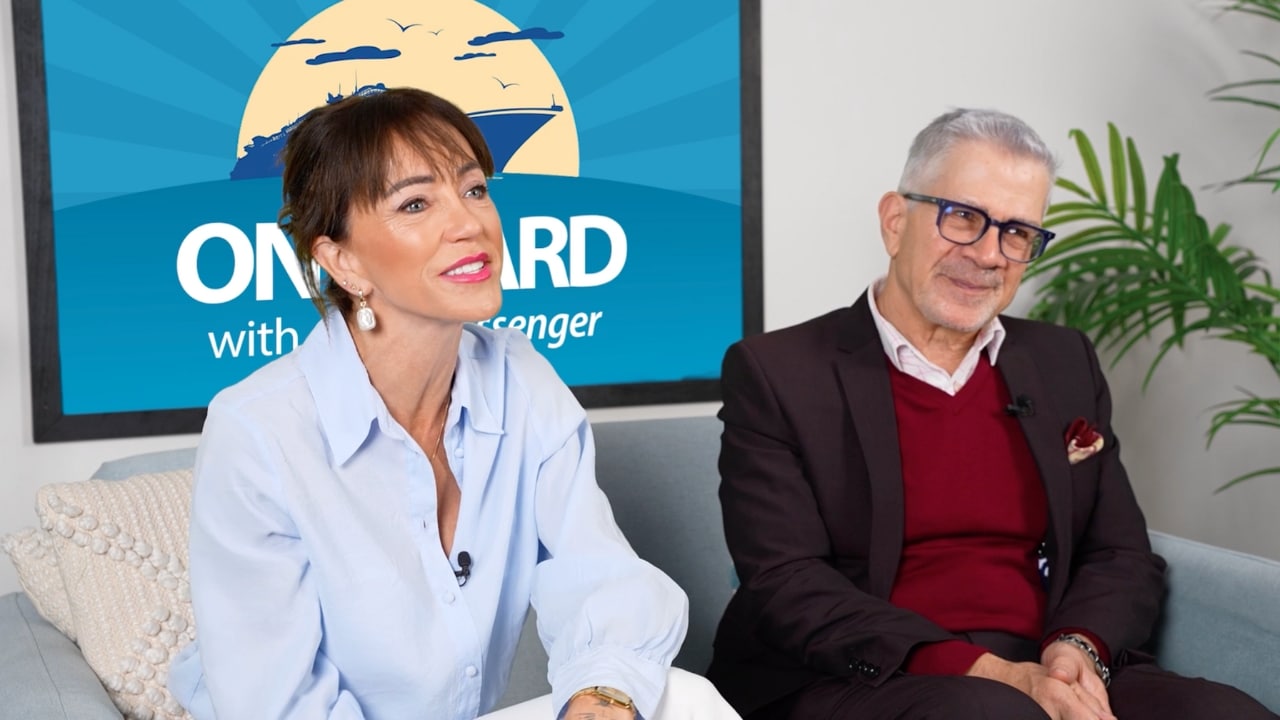Craig Tansley reveals the Tweed Coast remains a secret, hidden between Byron and the Gold Coast…
“I’ve never not seen a dolphin off the point here, mate,” the bloke beside me in the car park seems pretty confident when I ask if I’m likely to see a dolphin today. “That’s in 45 years of looking every day, mate.” I walk down a bush track through scrub, and out onto Fingal Head. As I step out onto the rocky headland, a procession of 20-odd dolphins take turns to jump clean out of the sea. Between where I stand and Cook Island 600 metres off-shore (there’s a turtle sanctuary there you can reach on a boat tour) there’s about 50 dolphins gathering. It’s an animal show they’d sell tickets for at Sea World, and yet I look around on me on this lonely headland and there’s no-one around but me.
Fingal’s just a tiny part of the Tweed Coast, but it’s as unheard of as the rest of it. The Tweed Coast somehow remains a virtual secret. Wedged between the Gold Coast and Byron Bay regions, people may know its more publicised spots – like surf village, Kingscliff, or trendy hotel, Halcyon House. But there’s 37 kilometres of coastline here that’s almost entirely untouched. And there’s a hinterland of World Heritage-listed Gondwana rainforest that – along with Kakadu and the Daintree – is one of the most bio-diverse regions left on Earth.
You can access it easily too. Fly into Gold Coast Airport and take the M1 south for 25 minutes, and you’ll come across the Rainforest Way: a series of drives that take you within the rainforest, beyond the sugar-cane town of Murwillumbah (with its art deco streetscape). Mt Warning (Wollumbin) – the largest shield volcano in the southern hemisphere – is the centrepiece to your journey here, it’ll stop you getting lost. There’s quaint villages here even people 25 minutes away on the Gold Coast haven’t heard of. Like Tyalgum, with its collective of artisan bakeries, silversmiths, baristas and clothes designers in a main street of picket fences, century-old cottages and jacarandas. And there’s restaurants here amongst the forest, like Mavis’s Kitchen, set in an old Federation-era Queenslander home. In the evening, as the sky turns mauve, I have a direct eye line to the top of Wollumbin from a table on its verandah.
Or just behind Tweed Heads, my favourite spot to spend an afternoon (or evening) is Potager. The road to it winds along the valleys of the volcano’s caldera, past cow paddocks where farmers sell bags of moo poo for $3. I loved this place from the moment I pulled into its driveway three years ago (I live near here now). It feels elegant in a genteel country kind of way, but not pretentious like some of the spots you’ll find in Byron’s more famous hinterland. The restaurant’s built in a country cottage whose front wall is covered in succulents. The produce is all local, fresh fish comes from the local air-conditioning repairman, and veggies straight out of the garden. Slow eating’s big here – while chatting with other diners – looking down the beaches of the Gold Coast below (don’t be in a rush around The Tweed, it defeats the purpose of being here).
The secret, I think, to the Tweed Coast is that it’s just the right blend of human-created sophistication (try former Good Food Guide’s Young Chef Of The Year Ben Devlin’s sustainable fare at Pipit Restaurant) and natural attractions no-one’s discovered en-masse (yet). There’s cruises down the Tweed River where you won’t see a soul, and whales to spot at lonely spots on Fingal Head or Cabarita Point; and hinterlands of farms, like Tropical Fruit World.
The traffic’s too often grid-locked 40 minutes down the highway in Byron, and the Gold Coast was never a secret. But just between, the Tweed Coast misses the spotlight. Though it’s probably best you get here before a Hemsworth finds it.








